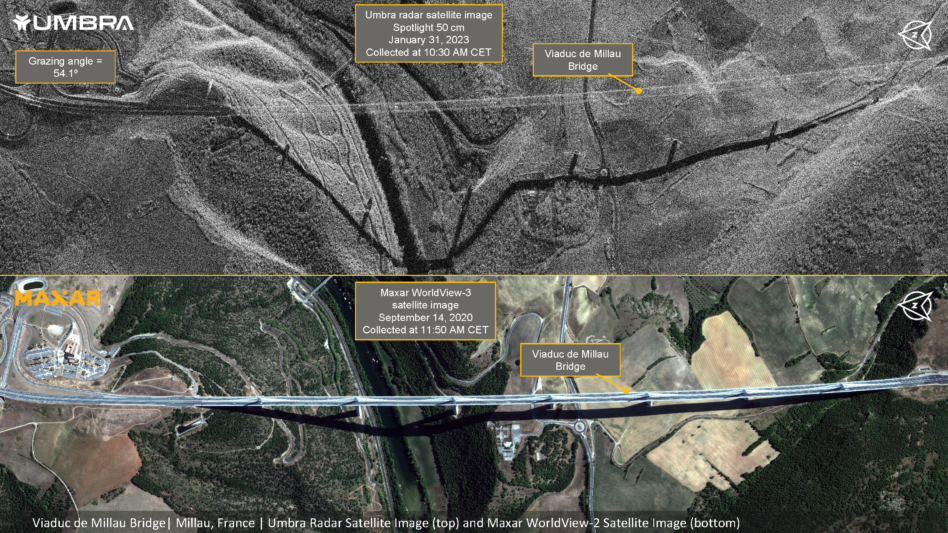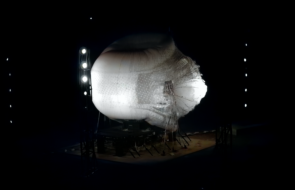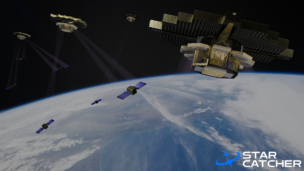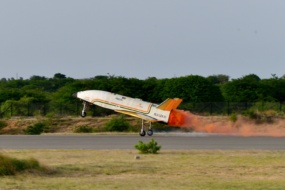Yesterday, Umbra dropped a triple whammy. The Santa Barbara, CA-based startup 1) rebranded, 2) published licensing and pricing details for its SAR imagery, along with sharing some of that imagery for the first time, and 3) announced a key partnership with Maxar. We’ll take this whammy by whammy.
#1: The rebrand
Umbra’s logo, website, and brand have undergone a ~vibe shift~. Simple as that.
Rolled up in that rebrand, though, is new information on how Umbra will operate and do business, which leads us to our next point…
#2: The license and the prices
Umbra will provide data to its customers under a Creative Commons license. The startup calls its ToS—or terms of service—“the most permissive satellite data license ever offered.” It won’t impose any reseller or sharing restrictions, nor will Umbra require customers to disclose their customer base in order to buy data.
Beyond the open license, the startup is laser-focused on eliminating a key pain point from the satellite imagery sales process: the sales process itself. Umbra says it won’t layer in hidden fees, and that it will be transparent and upfront with prices. To that end, Umbra published its price for an image on Tuesday: Tasking an Umbra satellite will start at $500 for 1m imagery. $750 for 50cm, and $3,000 for 25cm resolution.
#3: The partnership
Umbra struck a deal to provide Maxar with dedicated capacity from its fleet of synthetic aperture radar satellites. The partnership will see Maxar offer customers Umbra’s radar shots alongside its own high-res optical imagery.
- The optical-SAR alliance could unlock powerful data fusion possibilities and additional analytics/insights capabilities for Maxar’s corporate, government, and US-allied customers.
- Multiple forms of intelligence are “a valuable end product,” Umbra cofounder Gabe Dominocielo noted via LinkedIn. “Maxar can blend RF/SAR/optical together with Maxar analytics tools and services to produce an exceptional and useful product.”
- Umbra’s strategy is merely to sell data. Not going vertical into analytics/insights, unlike other imagery purveyors, is part of the startup’s schtick.
Umbra launched its latest two satellites in January on SpaceX’s Transporter-6 rideshare mission in January. An initial optical-SAR product will be available in Q2, with full integration expected by next year.
“Maxar is a world-renowned Earth intelligence provider, so for Umbra to be chosen as their first ever SAR dedicated access partner is a huge vote of confidence,” Umbra CEO David Langan said, “both for Umbra and for the overall value that SAR data brings to customers.”
PS…If you haven’t already read about the value of the 24/7, all-weather potential of SAR, here’s a succinct summary from Umbra’s COO himself:




